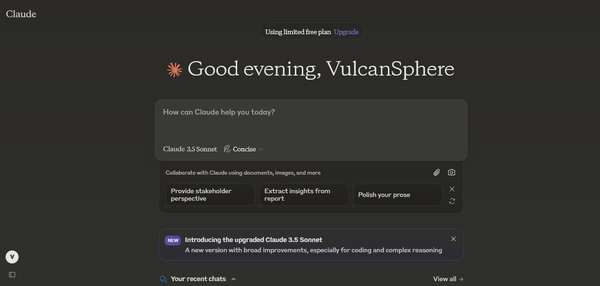Microsoft enabled Israeli spy agency's mass surveillance of Palestinians' mobile calls
Cisco's registered web users disclosed in a likely Salesforce breach-related vishing attack, Google confirms customer theft in Salesforce breach-related incident, Broadcom chip flaw exposes millions of Dell laptops to attack, MSFT's Project Ire can ID malware with AI, much more





